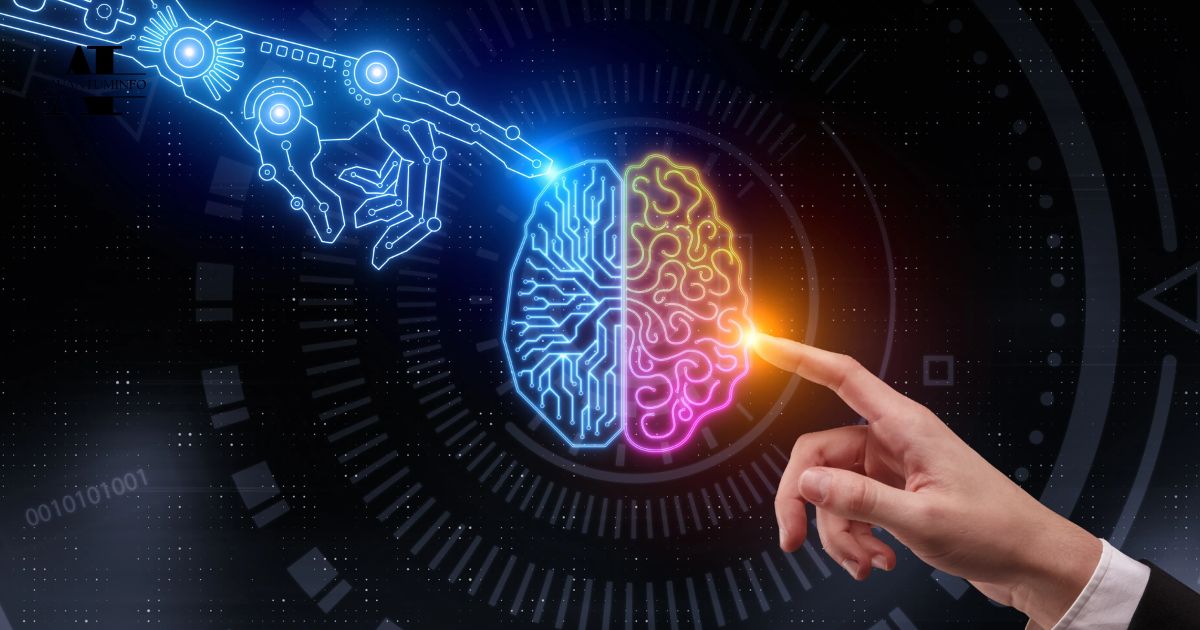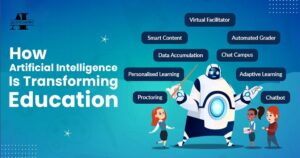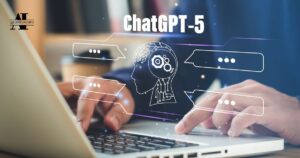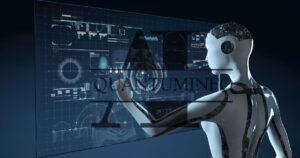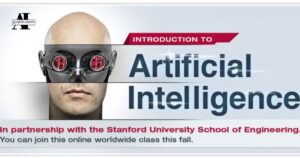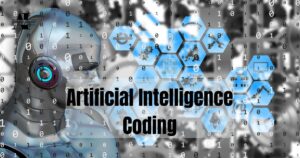Artificial Intelligence (AI) is the science of making machines smart. It helps computers perform tasks such as recognizing speech and images, making decisions, and learning from data. AI is changing industries and our daily lives. This guide will introduce you to the basics of AI. You will learn how it works and its key applications.
Imagine a world where machines think, learn, and make decisions like humans. From virtual assistants understanding your voice to self-driving cars navigating busy streets, AI is transforming our lives. But how do these intelligent systems work? What makes them so powerful? Dive into Artificial Intelligence 101: You Need to Know It to unlock the secrets behind this groundbreaking technology. Discover how AI is shaping our future.
Artificial intelligence (AI) enables machines to perform tasks that normally require human intelligence. These tasks include understanding speech, recognizing images, making decisions, and learning from data. AI is already a part of our daily lives, from virtual assistants to recommendation systems. It is a fast-growing field with enormous potential to transform industries and solve complex problems.
Artificial Intelligence 101: What is artificial intelligence?
Artificial intelligence (AI) is the science of creating machines that can think, learn, and perform tasks that normally require human intelligence. These tasks include understanding spoken language, recognizing images, and making decisions.
AI systems are designed to learn from data, which helps improve their performance over time. This is achieved through algorithms and models that mimic human cognitive functions.
AI is divided into two main categories: narrow AI, which is designed for specific tasks such as virtual assistants and recommendation systems, and general AI, which aims to perform any intellectual task that a human can perform.
Here, What dose the Bible say about Artificial Intelligence
While general AI is still in the research phase, narrow AI is already an important part of our daily lives. From smart home devices to self-driving cars, AI is revolutionizing industries and enhancing our everyday experiences.
Understanding AI helps us appreciate its potential and ways to solve complex problems. In “Artificial Intelligence 101,” you’ll explore the basics of AI, how it works, and its key applications, providing a clear and simple introduction to this transformative technology.
Near Future of Artificial Intelligence
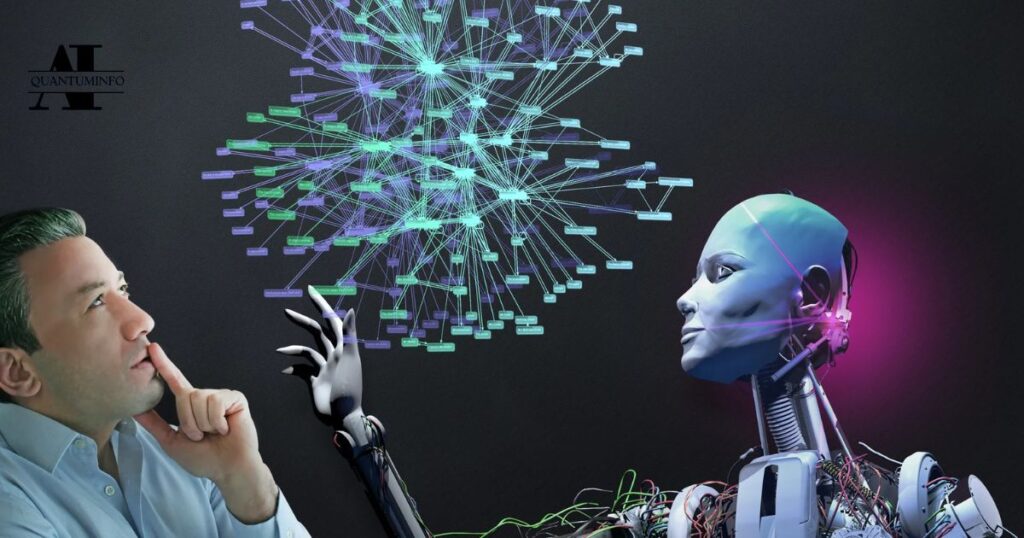
The future of artificial intelligence (AI) is poised for transformative developments in the near future that will significantly reshape our daily lives and industries. A number of key developments are expected to emerge:
Smarter Virtual Assistants
AI technology will lead to the creation of more intuitive virtual assistants capable of performing complex tasks. These assistants will go beyond basic tasks like setting reminders and answering questions. They will manage schedules, book appointments, and even offer emotional support by becoming an integral part of our personal and professional lives
Healthcare Innovations
AI will revolutionize healthcare by enhancing diagnostic capabilities and personalization of treatment. Advanced algorithms will analyze clinical data with unprecedented accuracy, resulting in earlier disease detection and more effective treatment plans. Additionally, AI-assisted robotic surgery will improve accuracy and reduce recovery times, significantly benefiting patient outcomes.
Here, How Attractive Am I Artificial Intelligence
Transportation Revolution
The rise of autonomous vehicles is poised to change the transportation landscape. Self-driving cars, trucks and drones will become more popular, making travel safer and more efficient. AI will also improve traffic management systems, reduce congestion and reduce environmental impact through lower emissions.
Personalized Learning
In the education sector, AI will facilitate tailored learning experiences. The adaptive learning platform will allow students to progress at their own pace, offering customized lessons that meet individual learning styles and needs. This approach will increase access and effectiveness in education, break down traditional barriers and promote better outcomes for diverse learners.
Improved Security
AI will play an important role in strengthening security measures in various domains. AI-powered systems will be able to predict and mitigate cyber threats, ensuring the security and privacy of sensitive data. Additionally, improved surveillance and AI-powered emergency response systems will enhance public safety, enabling faster and more accurate responses to incidents.
While the potential of AI is enormous, it also raises important ethical concerns and the need for effective regulation. As AI systems become more integrated into society, ensuring transparency, fairness and accountability will be critical. Using AI capabilities responsibly will require addressing issues such as algorithmic bias, data privacy, and the impact of automation on jobs.
Overall, AI holds incredible promise in the near future. It has the potential to transform industries, improve quality of life and address complex global challenges. By embracing these developments with a focus on ethical practices, we can ensure that this powerful technology serves humanity in meaningful and beneficial ways.
Thinking and Reasoning
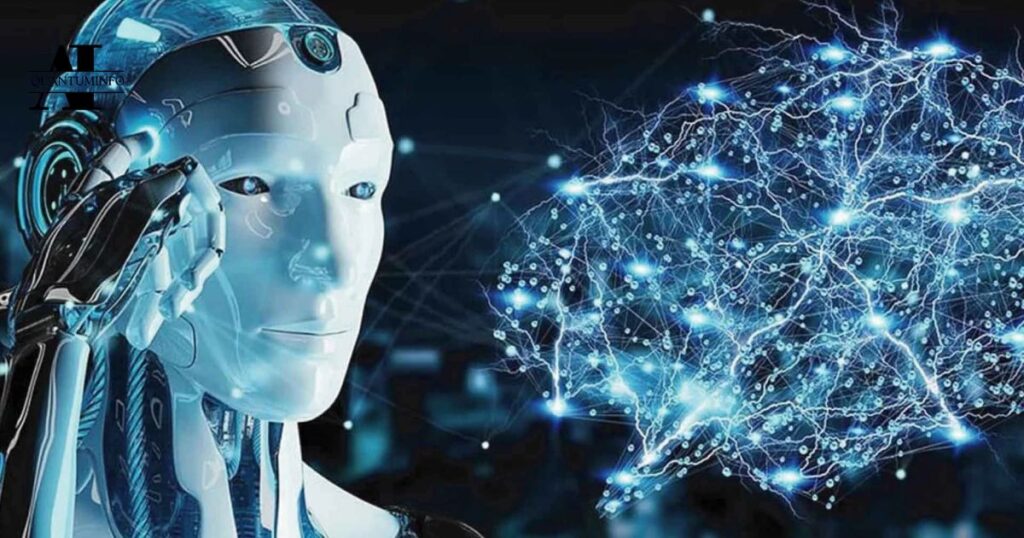
Thinking and reasoning are essential cognitive processes that play an important role in how we understand and interact with the world around us. Thinking involves the mental manipulation of information, including a wide range of activities from reflecting on past experiences to generating new ideas and concepts.
This process can be both creative and analytical. Creative thinking encourages us to brainstorm and explore possibilities without constraints, which often leads to innovative solutions. Analytical thinking, on the other hand, focuses on breaking down complex information into manageable chunks, allowing us to infer facts, identify patterns, and systematically evaluate evidence.
Reasoning complements thinking by providing a framework for drawing conclusions and making inferences. It can be divided into two main types: deductive reasoning and inductive reasoning. Deductive reasoning involves starting from general principles or premises and arriving at specific conclusions that logically follow from them.
For example, if we know that all humans are mortal (the general premise) and that Socrates is a human (the particular case), then we can conclude that Socrates is mortal.
Inductive reasoning, in contrast, involves taking specific observations and making broader generalizations. For example, if we notice that the sun rises in the east every morning, we can conclude that it always rises in the east, even though this is based on limited evidence.
Together, thinking and reasoning enable us to navigate the complexities of life, help us solve problems, make judgments, and make decisions. They are fundamental skills that influence our learning and adaptation, influencing different areas such as education, work and personal relationships.
By developing these cognitive skills, we increase our ability to understand diverse perspectives, tackle challenges creatively, and communicate effectively. Ultimately, honing our thinking and reasoning skills can lead to greater success and fulfillment in our personal and professional lives.
Frequently Asked Questions
Can I self-learn AI?
Yes, self-learning AI is possible with online courses and resources.
Does AI require coding?
AI typically requires coding skills, especially in languages like Python.
Is AI difficult to learn?
AI can be challenging but manageable with perseverance and structured learning.
Which language is used for artificial intelligence?
Python is widely used for AI development due to its simplicity and powerful libraries.
How should I study AI?
Start with foundational courses, practice coding, and work on projects to gain practical experience in AI.
Final Thoughts
Artificial intelligence redefines the boundaries of technology and human capability, promising revolutionary advances in various fields. As we delve deeper into its complexities, understanding its basic principles and applications becomes crucial.
Beyond the technical merits, AI prompts us to consider deeper ethical concerns, such as privacy, bias, and the socioeconomic implications of automation. Individuals can effectively harness its transformative potential by adopting a multifaceted approach to learning AI, incorporating both theoretical insights and practical implementation.
The versatility of AI languages, particularly Python, underscores its adaptability to diverse tasks—from data analysis and machine learning to natural language processing and robotics. To begin the journey to mastering AI, aspiring learners should adopt a structured approach consisting of basic learning, hands-on projects, and a constant search for emerging trends.
This proactive stance not only enhances technical expertise but also fosters the forward-thinking mindset necessary to navigate the evolving landscape of artificial intelligence.

